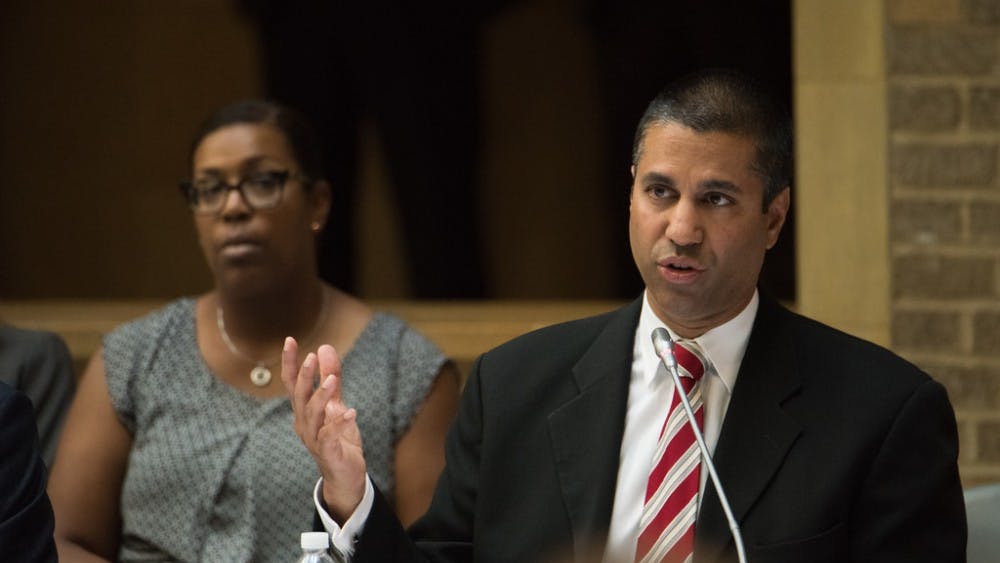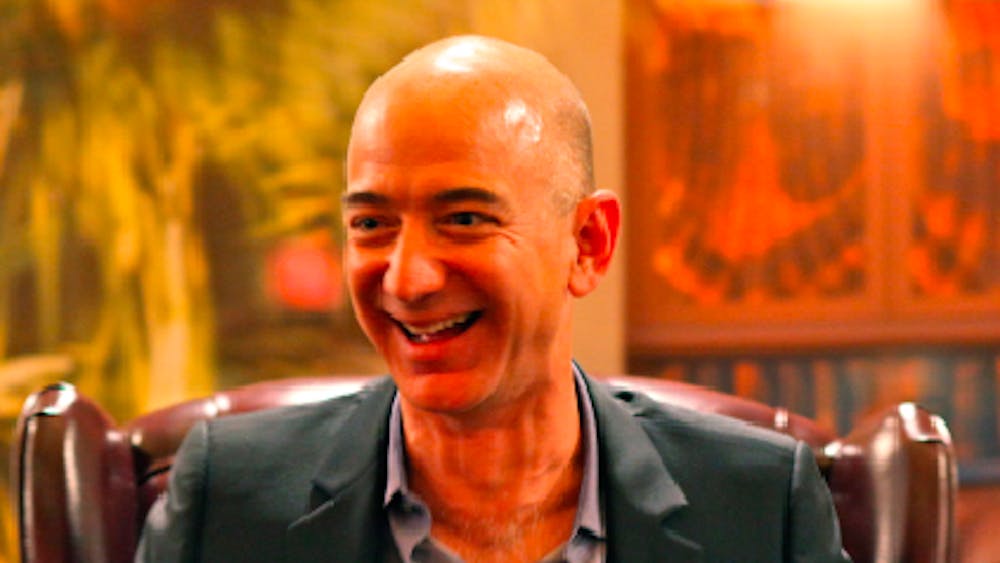Criticism of drug use in hip hop lacks empathy
By WILL KIRSCH | December 7, 2017On November 15 of this year, 21-year-old rapper/singer Lil Peep died of an apparent overdose. Peep’s music career was inherently linked to the drugs that eventually killed him. He was at the forefront of a genre known as “emo hip hop,” a style which linked the suburban tragedy of bands like My Chemical Romance with contemporary SoundCloud rap. Lyrically, its content is steeped in drug abuse, mental illness and the intersection of the two.








